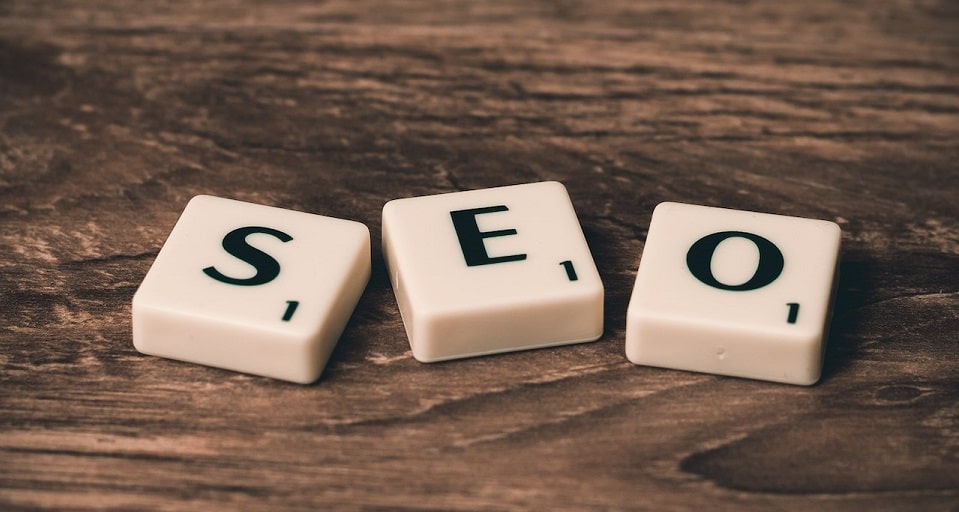The Benefits of Networking for a Small Business Owner
Running a small business can be a lonely and stressful experience, and many small business owners struggle to stay motivated and focused when faced with the day-to-day challenges of entrepreneurship.
However, networking is an excellent way to combat these issues. By reaching out to fellow entrepreneurs and small business owners, you can exchange helpful advice and gain crucial insights into your business operations. Furthermore, the support and motivation you can receive from them can be a huge boost for your progress and success.
In this article, we are going to learn about the advantages of networking and obtaining support for small business owners as well as sharing some tips and techniques on taking full advantage of these resources.
Networking and finding support can provide a variety of benefits for small business owners, including:
- Access to valuable resources:
Reaching out to the entrepreneurs and business owners in your circle can be immensely beneficial. You can explore an abundance of valuable knowledge, skills, and resources. This may include important industry information, optimal strategies, and different financing options. - Increased visibility and exposure:
Networking can help you build your brand and increase your visibility within your industry and community. By attending events, speaking at conferences, and connecting with other professionals online, you can expand your reach and establish yourself as a thought leader and expert in your field. - Opportunities for collaboration:
Networking can also provide opportunities for collaboration and partnership. By building relationships with other entrepreneurs and small business owners, you can find new ways to work together, share resources, and create mutually beneficial partnerships. - Emotional support:
Running a small business can be emotionally challenging, and having a support network of other entrepreneurs and small business owners can provide much-needed encouragement and motivation. By connecting with others who understand the struggles and challenges of entrepreneurship, you can find the emotional support you need to keep going when the going gets tough.
So, how can you make the most of networking and finding support as a small business owner? Here are a few tips and strategies to consider:
- Attend networking events:
Look for local networking events, industry conferences, and meetups where you can connect with other entrepreneurs and small business owners in your area. - Join industry associations and groups:
Joining industry associations and groups can provide access to valuable resources, industry insights, and opportunities for collaboration. - Connect with other professionals online:
Social media platforms like LinkedIn and Twitter can be powerful tools for connecting with other professionals and building your online presence. - Seek out mentors and coaches:
Finding a mentor or coach who has experience in your industry can provide valuable guidance, support, and accountability. - Join a mastermind group:
Mastermind groups are small, curated groups of entrepreneurs who meet regularly to share experiences, provide feedback, and support each other in their business ventures.
In conclusion, networking and finding support can be a powerful tool for small business owners looking to stay motivated, focused, and connected. By tapping into the knowledge, expertise, and emotional support of other entrepreneurs and small business owners, you can find the encouragement and motivation you need to keep going and achieve success in your business venture. So, start connecting, build relationships, and see the difference it can make in your business and personal life.







